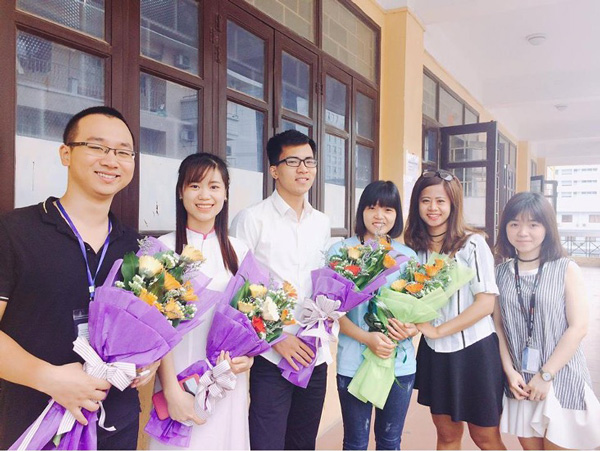Digital transformation and data science are becoming key factors in promoting Vietnam's socio-economic development. This is accompanied by an urgent requirement for building high-quality human resources in all fields.
Lieutenant Colonel - Dr. Nguyen Trung Tin - Head of the Computer Science lab, Institute of Information Technology and Communications, Military Technical Academy - said that the Computer Science industry is currently in great demand for human resources.
In Vietnam, the Department of Information Security (Ministry of Information and Communications) forecasts that, with the explosion of technology over the past years, the demand for human resources for computer science and information technology will reach about 700,000 people. However, at present, the number of human resources in this industry has only met about 10% of the demand, equivalent to 50,000 to 60,000 people. This fact is also reflected in Vietnamworks report, when the demand for human resources in this field has increased four times in the past 10 years and is expected to continue to increase strongly in the future.
Grasping the human resource needs of the Computer Science major, the Military Technical Academy has proactively developed a Computer Science training program specializing in Artificial Intelligence.

According to Lieutenant Colonel - Dr. Nguyen Trung Tin, the program is elaborately designed to train human resources with professional knowledge and technical skills to take on working positions in the field of Artificial Intelligence; be creative and adapt to diverse working environments, have the ability to self-train to develop professional skills and study for life, have political qualities, social ethics, health and a level of responsibility autonomy to meet the requirements of socio-economic development and international integration.
The development of a training program for 2 subjects: bachelor's (4 years) and engineer (5 years) helps civil servants easily choose a suitable study program.
Accordingly, bachelors majoring in Artificial Intelligence (AI) are equipped with solid professional knowledge, helping them to adapt well to many different jobs in the field of AI.
They are capable of deploying and developing machine learning models, natural language processing systems and applying artificial intelligence in diverse fields, meeting the requirements of businesses and stakeholders.
In addition, it is possible to update and adapt to advances in science and technology to develop the profession in the future. The training program also focuses on forming good political ethics and appropriate professional responsibility in the business and social environment.











